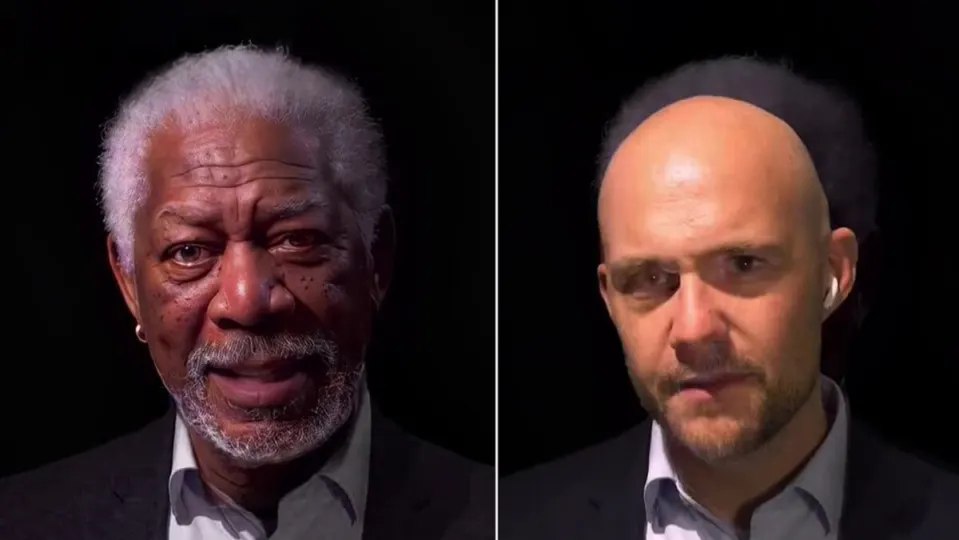TikTok is doing everything it can to get around its ban (or forced sale) in the United States. This week, as reported by The Verge, the social network has updated its content moderation regulations, which govern what can and cannot be posted and promoted on TikTok, in order to restrict the use of deepfakes on the platform.
This AI-based technology, capable of changing the physical appearance of people in a photo or video, has become very fashionable on TikTok in recent months, and the company wants to regulate its use to avoid problems with brands and public figures.
Beyond the new regulations regarding the use of deepfakes, the TikTok Community Guidelines have remained largely unchanged with this change. In the social network’s new policies, there is now mention of “synthetic and manipulated media”, which references deepfake technology.
TikTok now restricts videos made with deepfake, specifying that any content of a realistic nature that is generated and edited using AI must be “clearly disclosed” by being displayed as an overlay sticker or as descriptive text for the video. Prior to this change, TikTok only prohibited content that could “mislead users by distorting the truth of events or cause significant harm to the subject of the video.”
With these new regulations, TikTok will not allow any deepfake videos that “contain the likeness of any actual private figure”, or that show a public figure promoting a product or violate other app policies, such as those prohibiting hate speech. For TikTok, public figures are those persons of legal age who have “a significant public role, such as a government official, politician, business leader or celebrity.”


